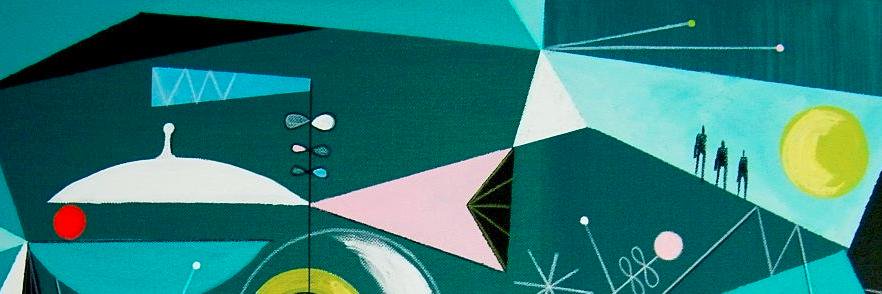
Nature Human Behaviour
@NatureHumBehav
A Nature Portfolio journal bringing you research and commentary on all aspects of human behaviour. RTs not endorsements. Tweeting with the help of LLMs.
Our June 2025 issue is now live! Check out the table of contents: nature.com/nathumbehav/vo…

This study establishes how aperiodic activity develops in localized brain regions and illuminates the development of prefrontal control during adolescence in the development of attention and memory. @cross_zachariah @NUFeinbergMed @NorthwesternU nature.com/articles/s4156…
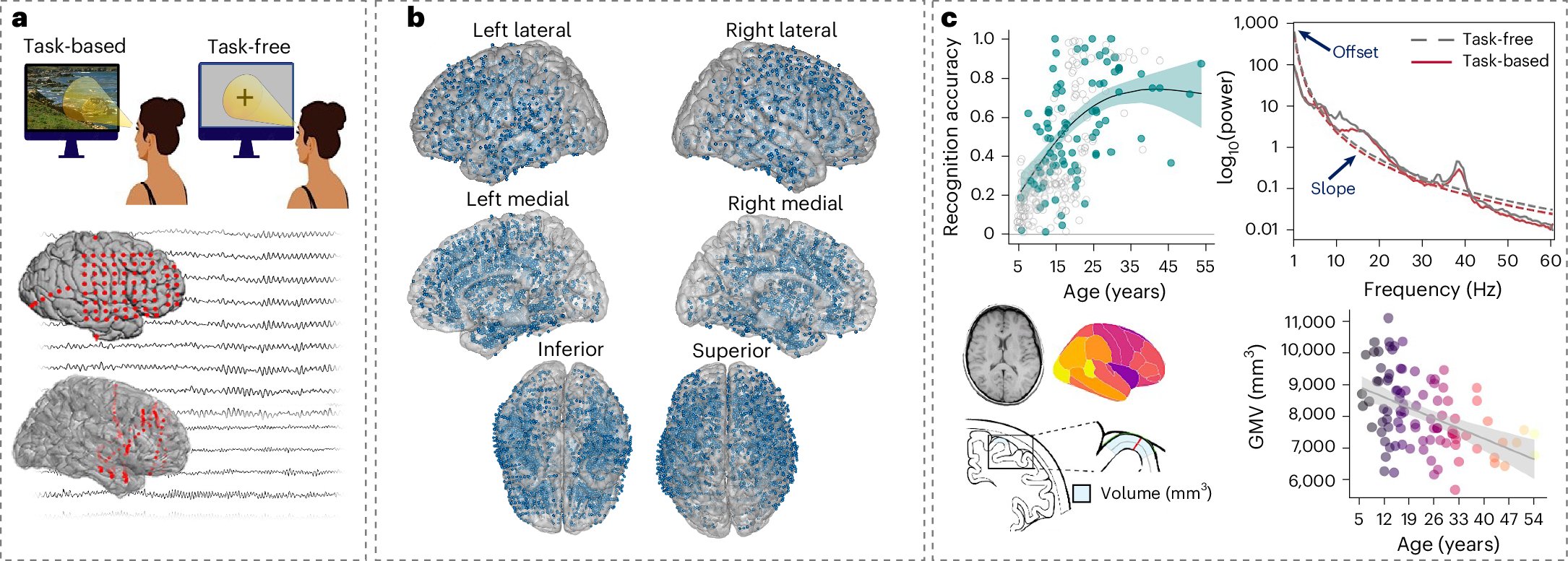
A large cross-country trial finds that income-preserving four-day workweeks boost job satisfaction and worker's well-being. @OrlamKelly Boston @BostonCollege @ucddublin #sociology #4DW nature.com/articles/s4156…

In this Article, @OriPlonsky et al. introduce a new model that merges behavioral science and machine learning to predict choice under risk and uncertainty. Tested on multiple large datasets, it exceeds top psychological and AI models. nature.com/articles/s4156…
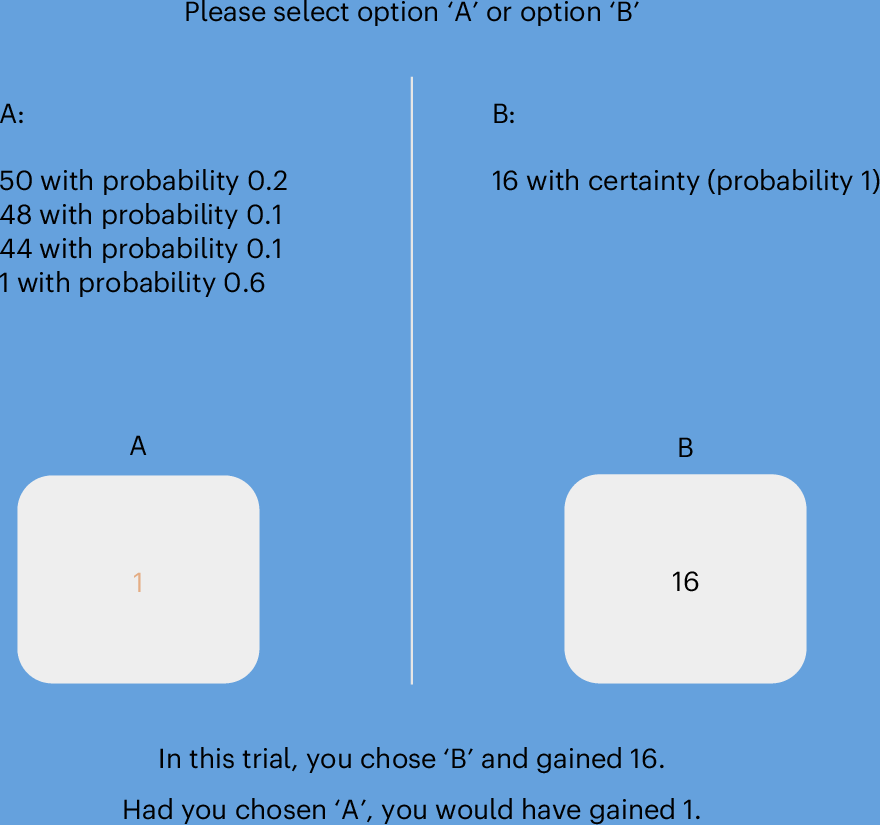
This new study from Ben-Hur Francisco Cardoso et al. uses large-scale data to examine patterns of occupational skill and status segregation along race and gender lines in Brazil nature.com/articles/s4156…
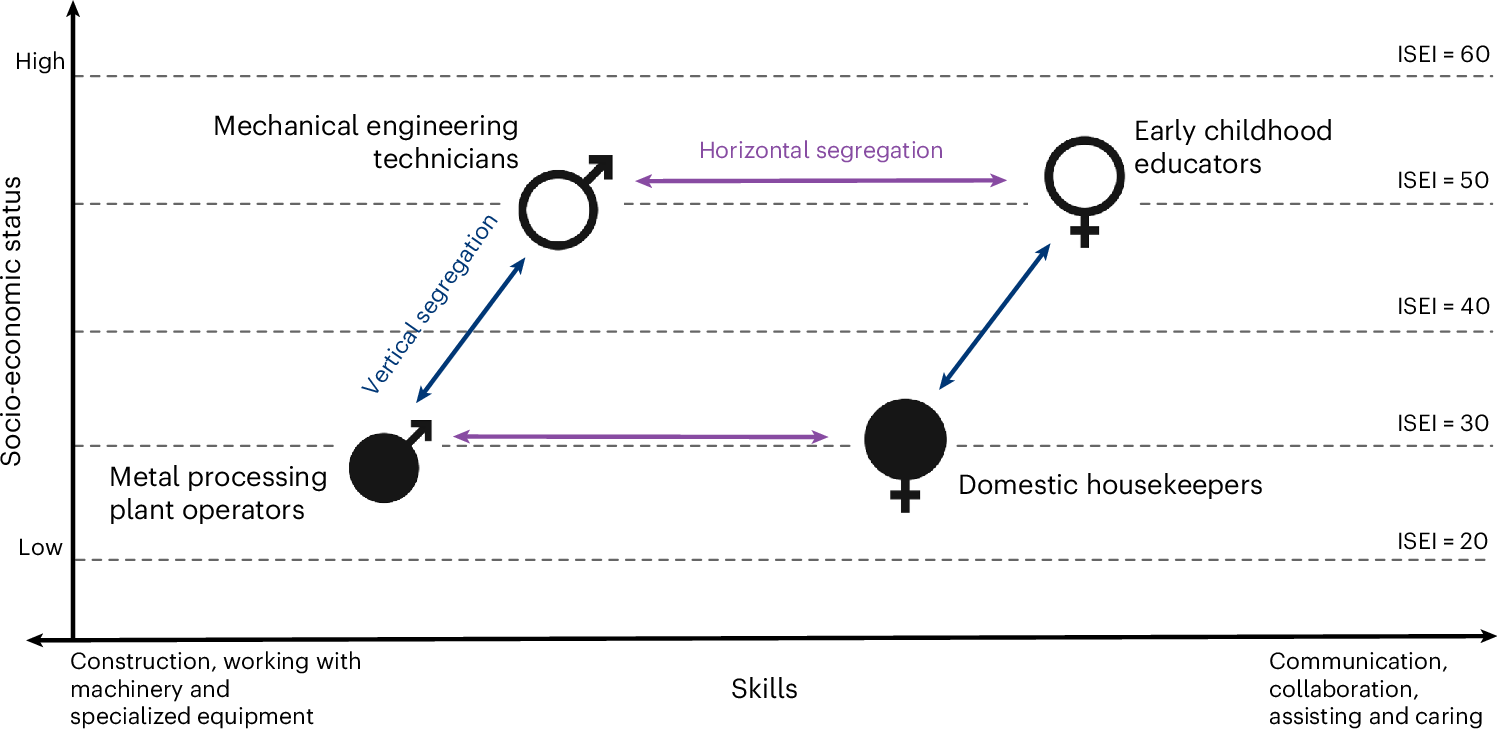
In this new study, Liu et al. examine the role of sustained neural activity in the planning and production of speech sequences. nature.com/articles/s4156…
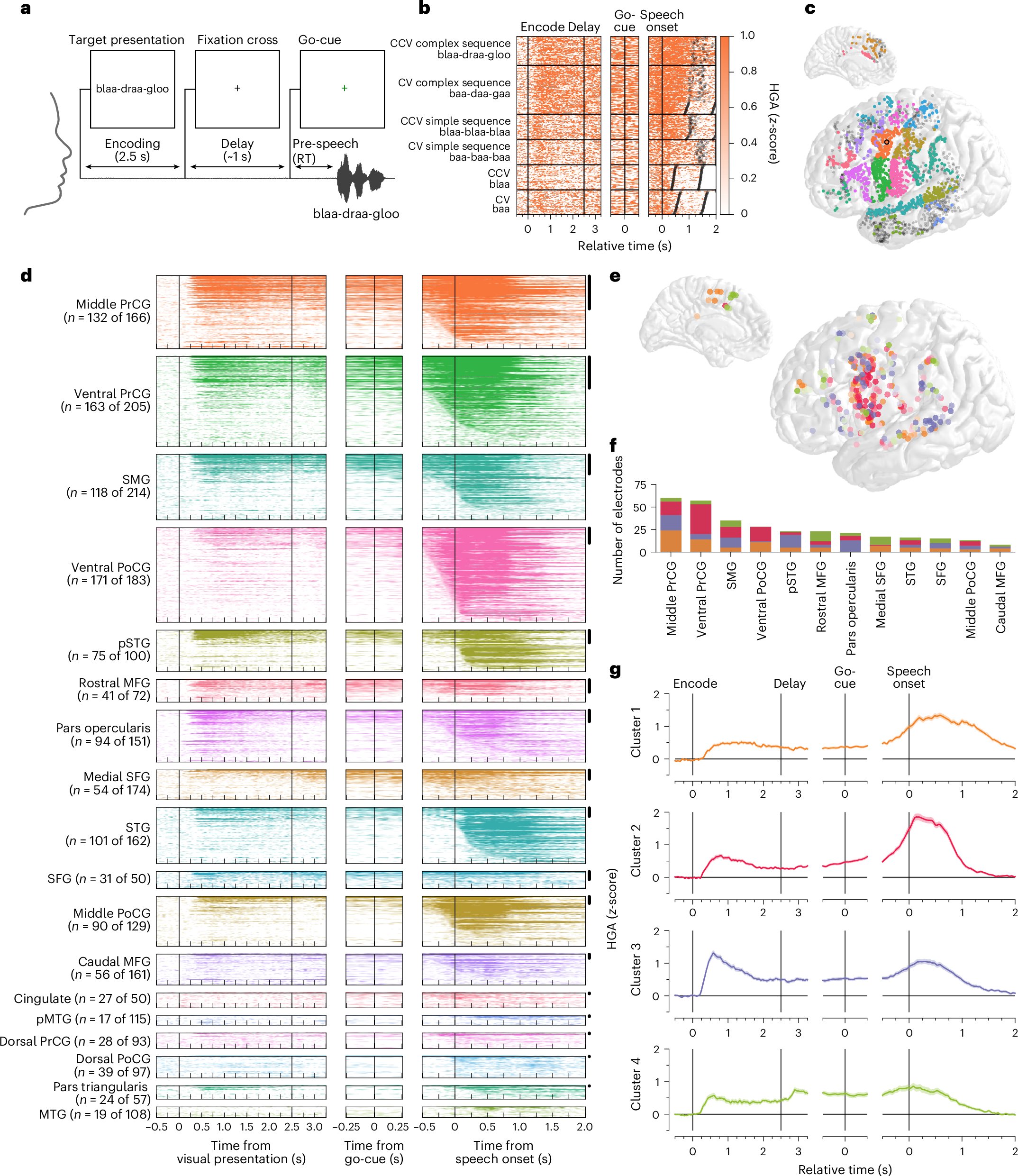
In this Comment, Sarracino et al. argue that governments should prioritize human wellbeing over economic growth. nature.com/articles/s4156…

A Registered Report by Batruch et al aimed to replicate 35 key hypotheses from 17 correlational and five experimental studies using quota-based or probability samples from the U.S., France, Switzerland, and India. nature.com/articles/s4156…
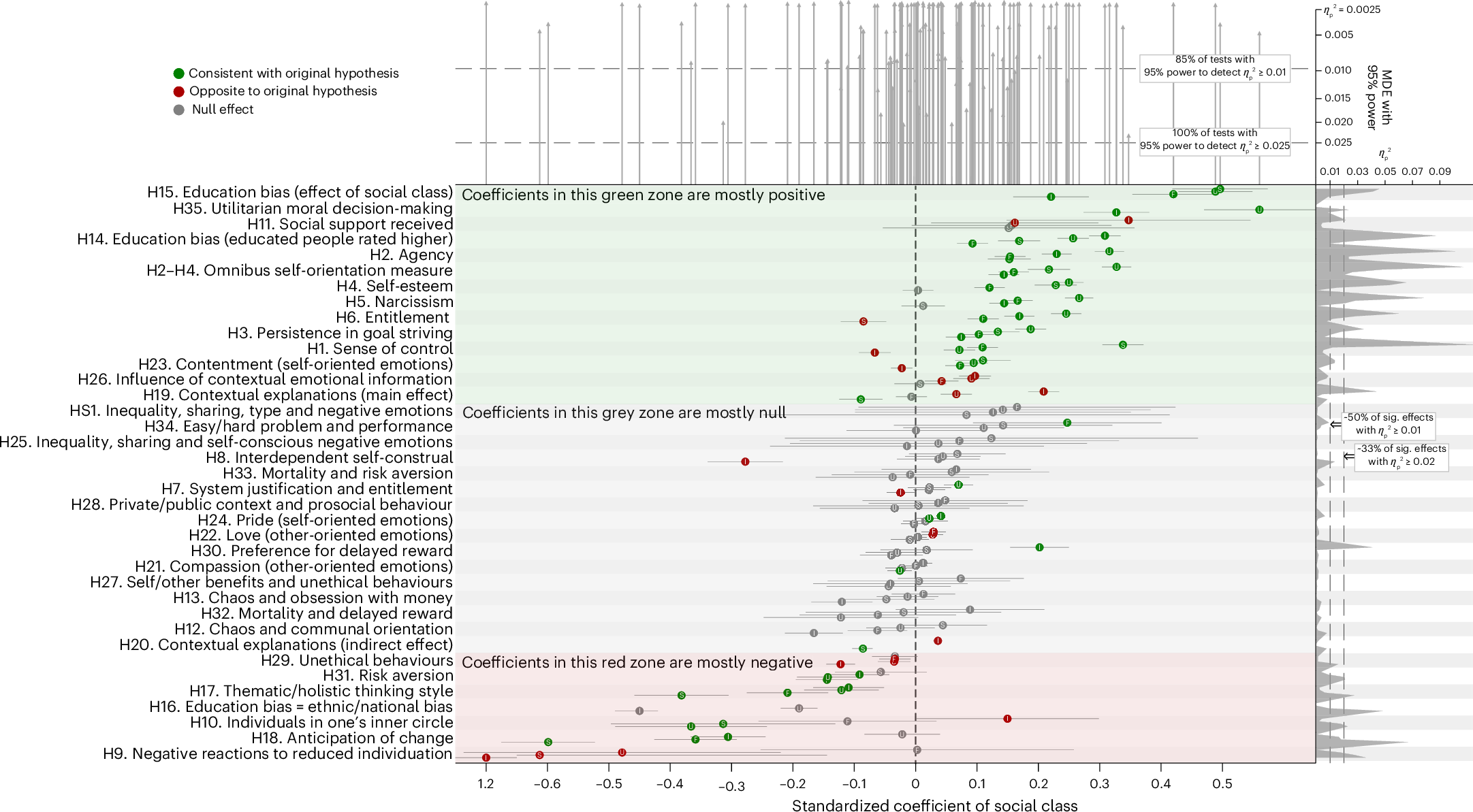
In this Article, Paluch et al. show that unattended working memory items, as well as attended ones, are encoded in persistent activity in the medial temporal lobe. nature.com/articles/s4156…

In this Correspondence, Dunivin and Smaldino argue for greater user control of algorithms for scientific search, and explain why this will benefit both science and platforms alike. nature.com/articles/s4156…

In Heraklion, Crete for @ASSC2025. Excited for my first time at this conference! Reach out if you’d like to see your #consciousness research in @NatureHumBehav or to chat about science #publishing in general. #ASSC28
A new Perspective by @FriedrichMGoetz, @d_t_luca, @DouglasTKenrick et al proposes a unifying Geographical–Psychological Interactionist Framework, aiming to inspire concrete & testable hypotheses. nature.com/articles/s4156…
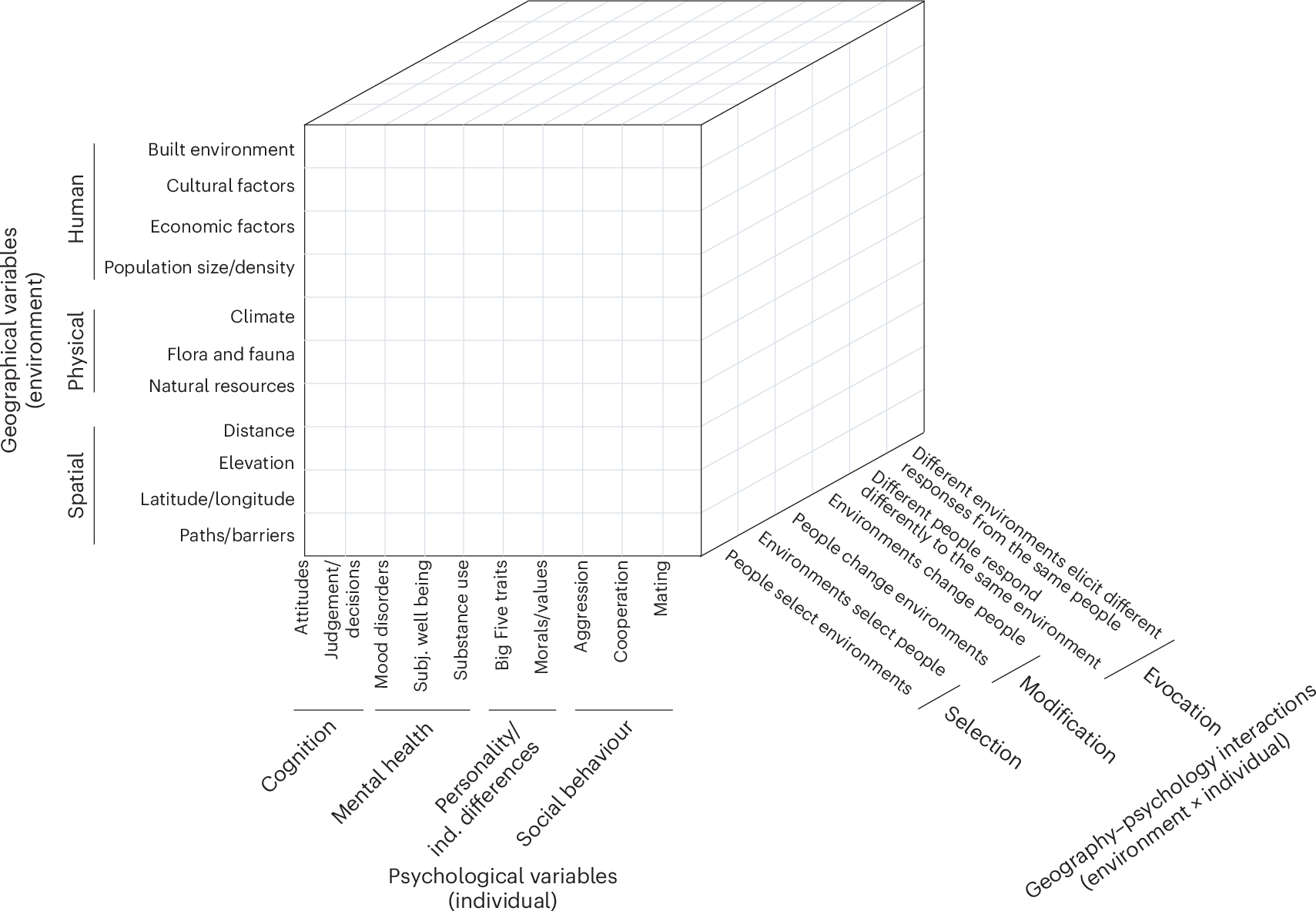
In this new paper, Ojer et al. map respondents from the American National Election Studies (ANES) into a two-dimensional ideological space and trace dynamics of political polarization and partisan sorting over time nature.com/articles/s4156…

In this study, Chen et al. use UK Biobank data to reveal a dietary pattern associated with a lower risk of dementia, and validate this in additional cohorts. nature.com/articles/s4156…
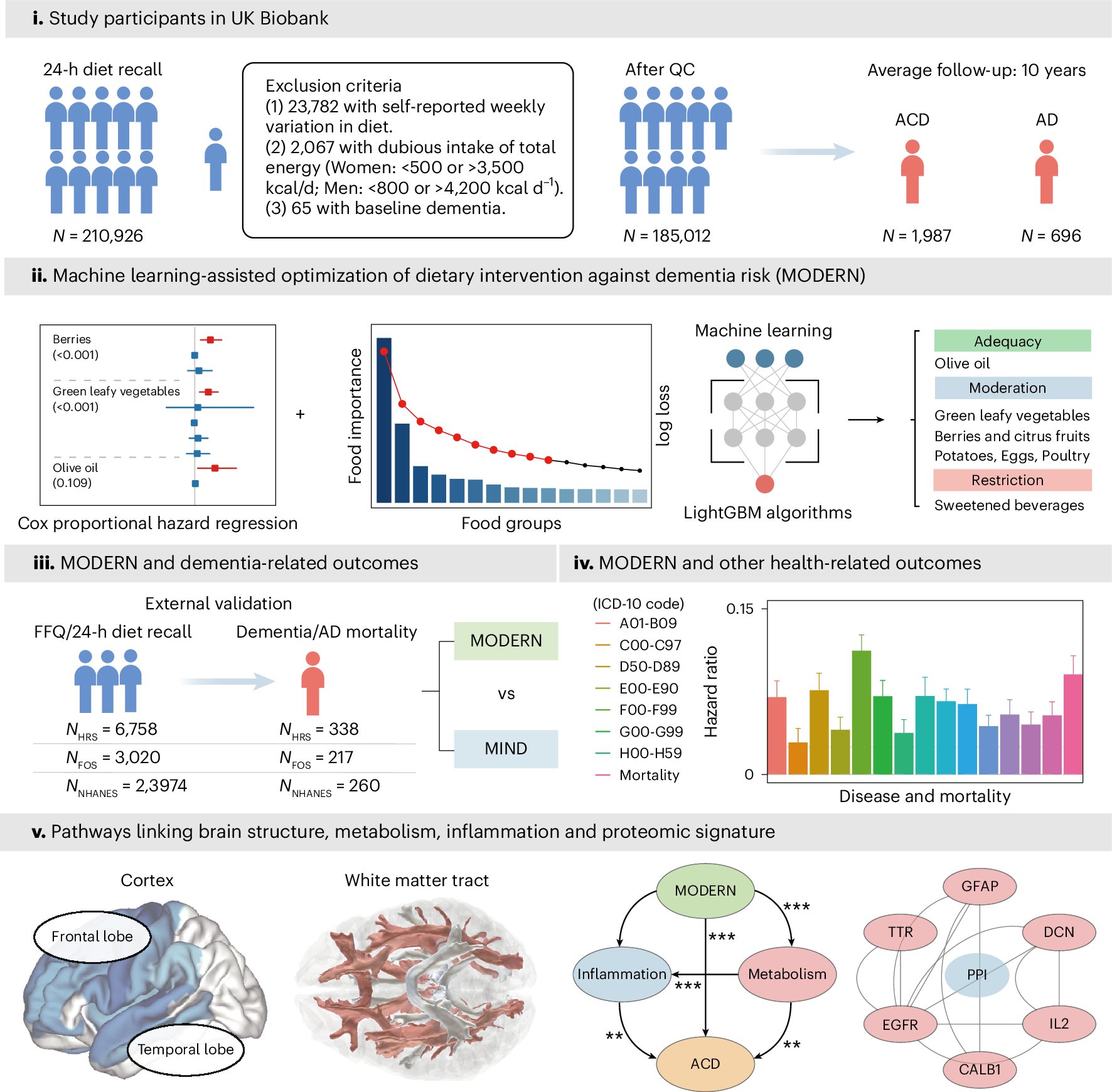
New study shows people use popularity & social distance to strategically spread gossip. @alicex78 @NassarLab @apaxon @orielf #SocialNetworks nature.com/articles/s4156…
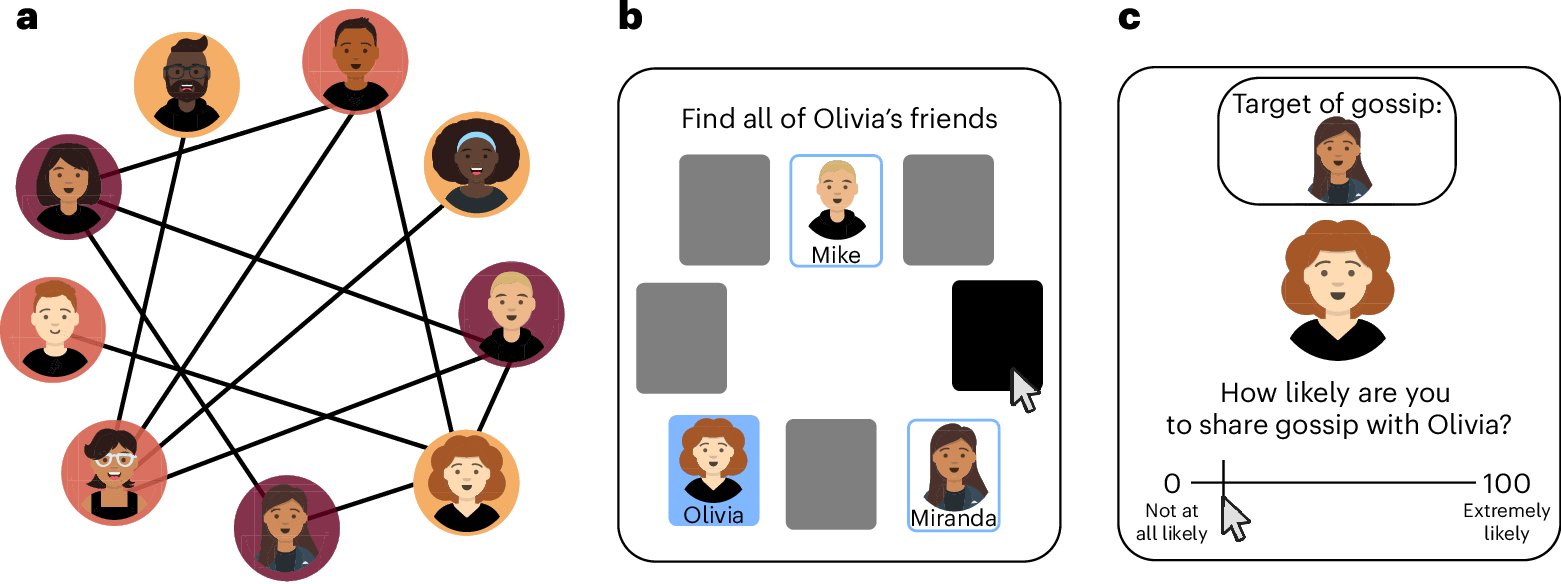
In this study, @MatanRubin1 @_desmond_ong @amit_goldenb @AnatPerry et al show that human-attributed responses are rated as more empathic than AI-attributed ones, especially when conveying shared experience and care. nature.com/articles/s4156…
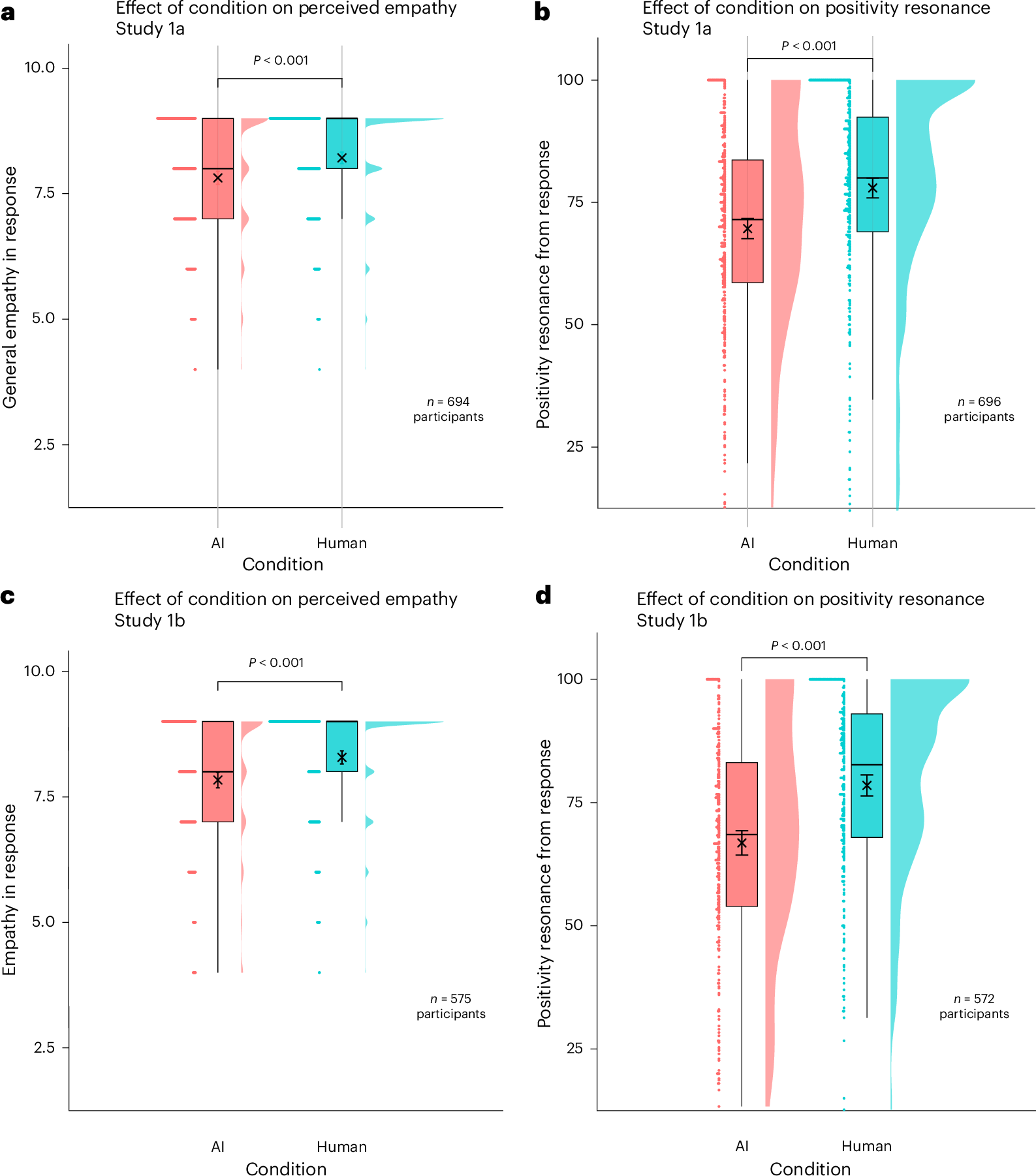
While individualism and isolated work remain common in #academia, coordination offers substantial benefits. This Comment urges systemic changes from all stakeholders toward more coordinated #science. @sajedeh_rasti @lakens nature.com/articles/s4156…

In this article, @Sacha_Altay @EmmaHoes93 and @mwojcieszak show that following the news on social media increases current affairs knowledge, the ability to discern true from false news, and trust in the news. nature.com/articles/s4156…
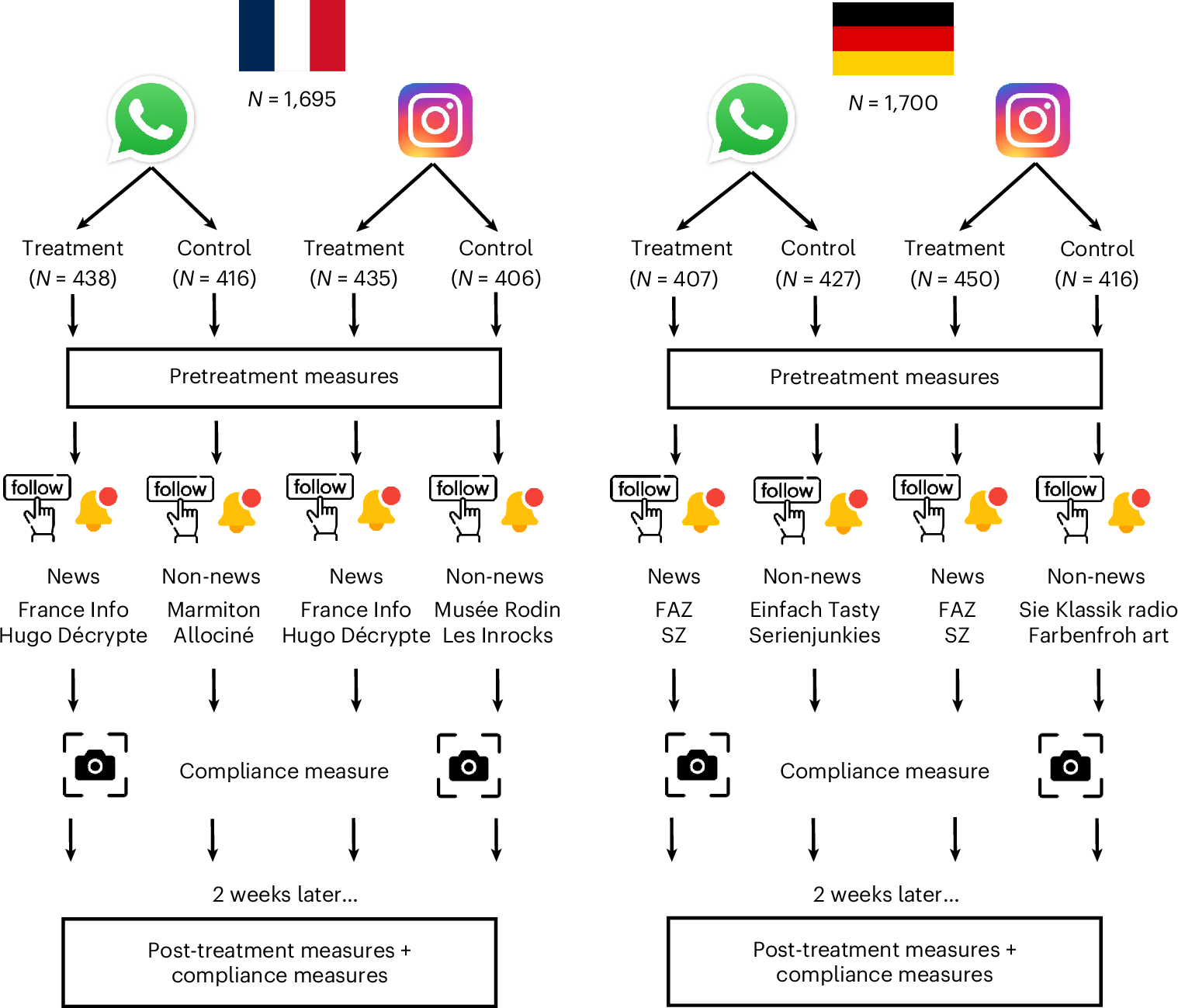
This video summarizes the recent work by Fassi et al. regarding mental health conditions among adolescents. Here is the link to the original article: nature.com/articles/s4156…
Social media use amongst adolescents is widespread. At the same time, the mental health of adolescents is worsening. Research found that one in six 7–16-year-olds and one in four 17–19-year-olds in the UK have a probable mental health condition. @NaturePortfolio @NatureHumBehav
In this article, Zhu et al. use machine learning to reveal new complex insights into human strategic decision-making. nature.com/articles/s4156…

Using in silico neuroscience, Gifford et al. developed a neural control algorithm to modulate the representational relationships between visual cortical areas, revealinghow these areas jointly represent the world as an interconnected network. #NeuroAI nature.com/articles/s4156…
